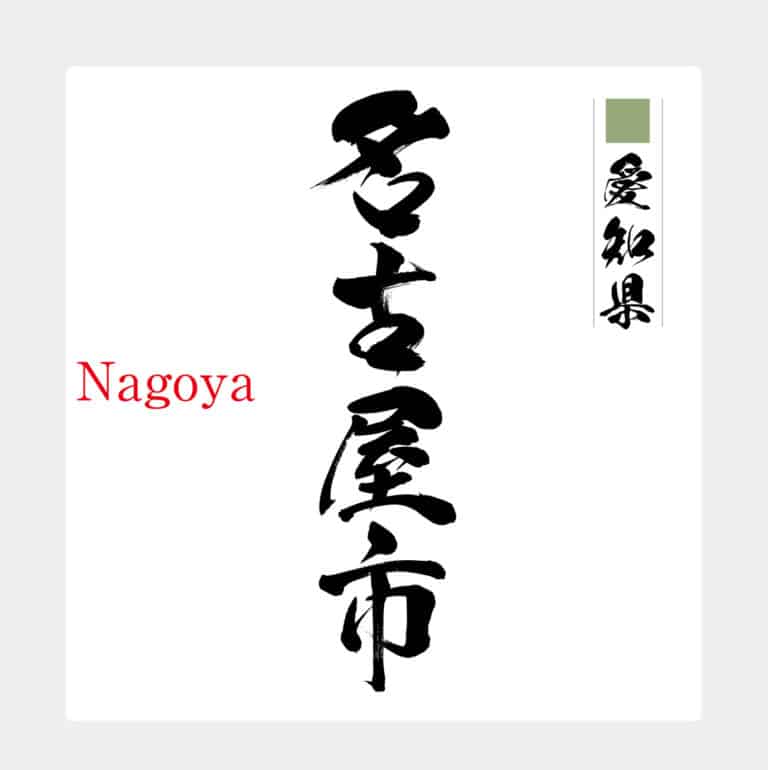Nagoya protocol

On October 29, 2010, an international environmental agreement was concluded in the Japanese port Nagoya. The aim of the protocol of the 10thconference of the parties to the UN Convention on Biological Diversity has been the implementation of the objectives of the UN Convention on Biological Diversity of 1993. The EU and 50 other states ratified the protocol that came into effect on October 12, 2014. The agreement known as Nagoya Protocol is on the access to genetic resources and the fair and equitable sharing of benefits arising from their utilization.
In Germany, the Federal Agency of Nature Conservation, since July 1, 2016, controls whether and to what extent the users of genetic resources obey the directives on access and sharing of benefits.
Contents of the Nagoya Protocol
Genetic resources not only are essential elements of biological diversity they also are the base of each animal race and plant variety in agriculture. Moreover, they supply new ingredients for cosmetics and medicines. Consequently, their field of use is really versatile: e.g. pharmaceutical industry, cosmetics or biotechnology, agriculture or research.
The Nagoya protocol intends that the parties who provide genetic resources should also share the benefits resulting from the utilization. It also includes regulations for the users of the resources to ensure that they comply with the applicable ABS rules in the access-providing countries. ABS is the abbreviation of “Access and Benefit Sharing”; among other things, it explains that the companies are responsibility of seeking permission at the relevant local communities to carry out research on the genetic resources in advance.
In addition, the ABS regulations include the fair and equitable sharing of benefits. The Nagoya Protocol intends to improve the certainty of justice for the handling of genetic resources to encourage science and industry to invest into research and development.
It makes a significant contribution to the global conservation of biodiversity and helps to ensure the sustainable utilization of its elements. Each user who seeks access to a genetic resource in a country, for instance, to use a medicinal plant for the production of a pharmaceutical preparation, has to obey the corresponding regulation of the country providing access. The Nagoya Protocol takes into account the fact that genetic resources frequently are linked with traditional knowledge of local and indigenous communities and includes directives on sharing of benefits arising from their utilization of the relevant knowledge.
The Nagoya Protocol and cosmetics
The number of cosmetics brands relying on the natural quality of their products is steadily increasing. The supply complying with ecological criteria boosts the reputation of the brand and strengthens the consumers’ awareness of biodiversity. Products developed in accordance with the Nagoya Protocol provide better cosmetics. Cosmetics industry is particularly dependent on the genetic diversity and abundance of species because many plant species with their components serve as raw materials and innovation sources. The growing loss of the diversity increasingly restricts the sources of raw materials and innovations. The risks are obviously. After all, nearly 50 percent of the ingredients used in the pharmaceutical industry are of natural origin or based on phyto substances. The exploration of flora and fauna, particularly of marine organisms or tropical forests, is key to the development of many medicines, especially anti-cancer drugs. Many cosmetic products are derived from natural sources. Amino acids, flavonoids, saponins, vitamins, or antioxidants are examples of already well research ingredients. Chitin of crustaceans, fish oil and some components of sea-grass are also worth mentioning. The loss or the decrease of biodiversity could shake cosmetics industry to its foundations because of the potential extinction of species valuable and important to the development and production of cosmetics.
The Nagoya Protocol provides a lot of opportunities.
The demand for natural cosmetics grows continually. Consumers are becoming more critical and better informed about natural ingredients. The responsible ingredient supply will open promising business opportunities and contribute considerably to the reputation and differentiation of cosmetics brand.
The non-profit organization “Union for Ethical Bio Trade” (UEBT) correctly said that those manufacturers are among the “top 20 cosmetics companies” that cultivate a detailed and open communication of the subject of “biodiversity and responsibility”.
Cosmacon develops products in accordance with the Nagoya Protocol
To be on the safe side in future, cosmetics companies increasingly rely on products developed in accordance with the Nagoya Protocol. Of course, Cosmacon accepts responsibility and carries out the development and realization of the complying products for you. Our cosmetics production is responsible in the sense of biodiversity.
Please contact us with your questions. We are eager to provide you with our professional advice!